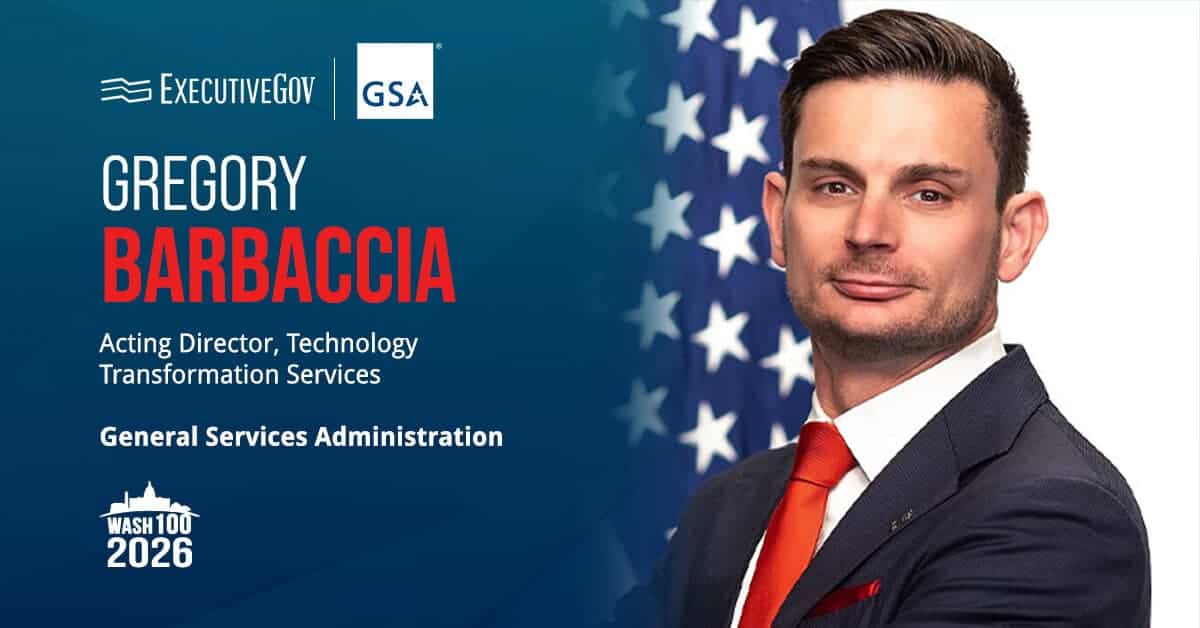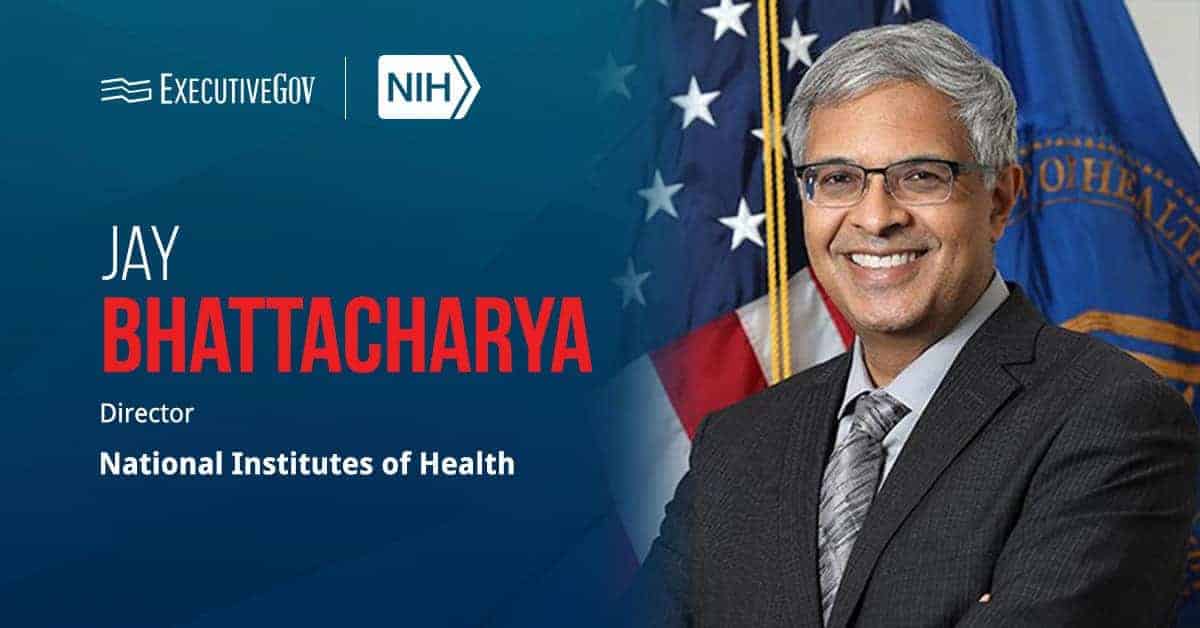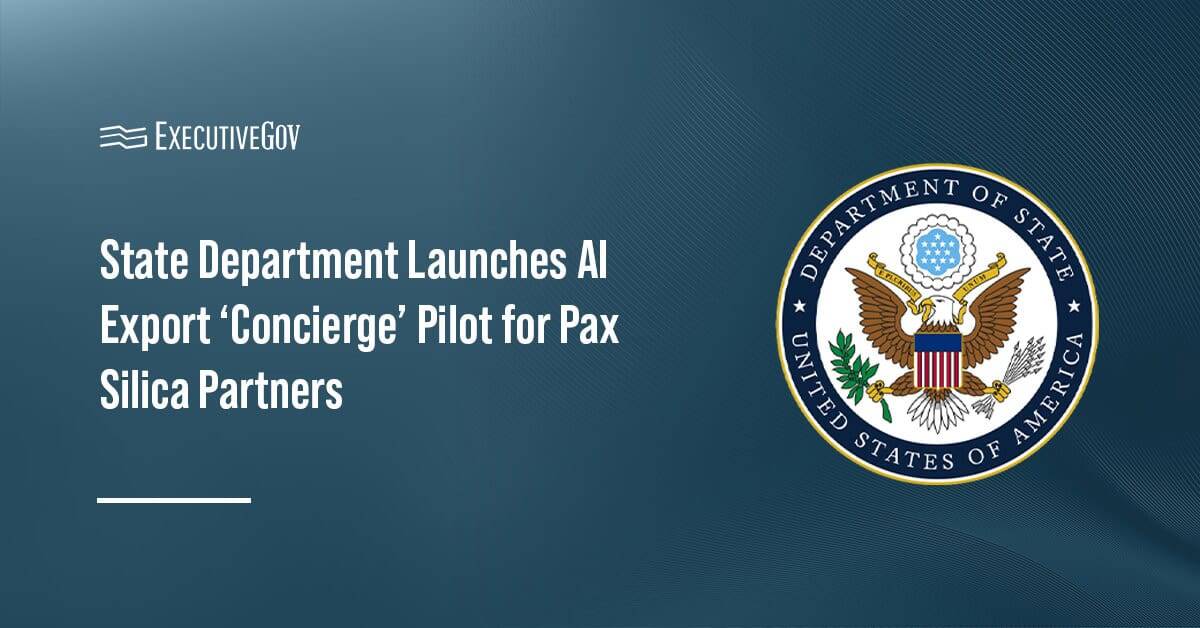
David Shive, chief information officer of the General Services Administration (GSA), has said that the agency experienced minimal disruptions even as 90 percent of its workforce have implemented a telework setup, FedScoop reported Wednesday.
Shive told the publication in an interview that GSA is a “largely mobile-enabled organization” and that current telework needs “didn’t require too much change” from the agency.
“We did some stress-testing beforehand just to make sure that all of our infrastructure was going to work well, that employees were trained who are not often teleworkers and did a little bit of tuning kind of around the edges,” he said. “But it really wasn’t a lot different.”
Shive added that GSA has been working to further develop its efforts to digitize its analog procedures including records management, signatures software and collaborative applications.





